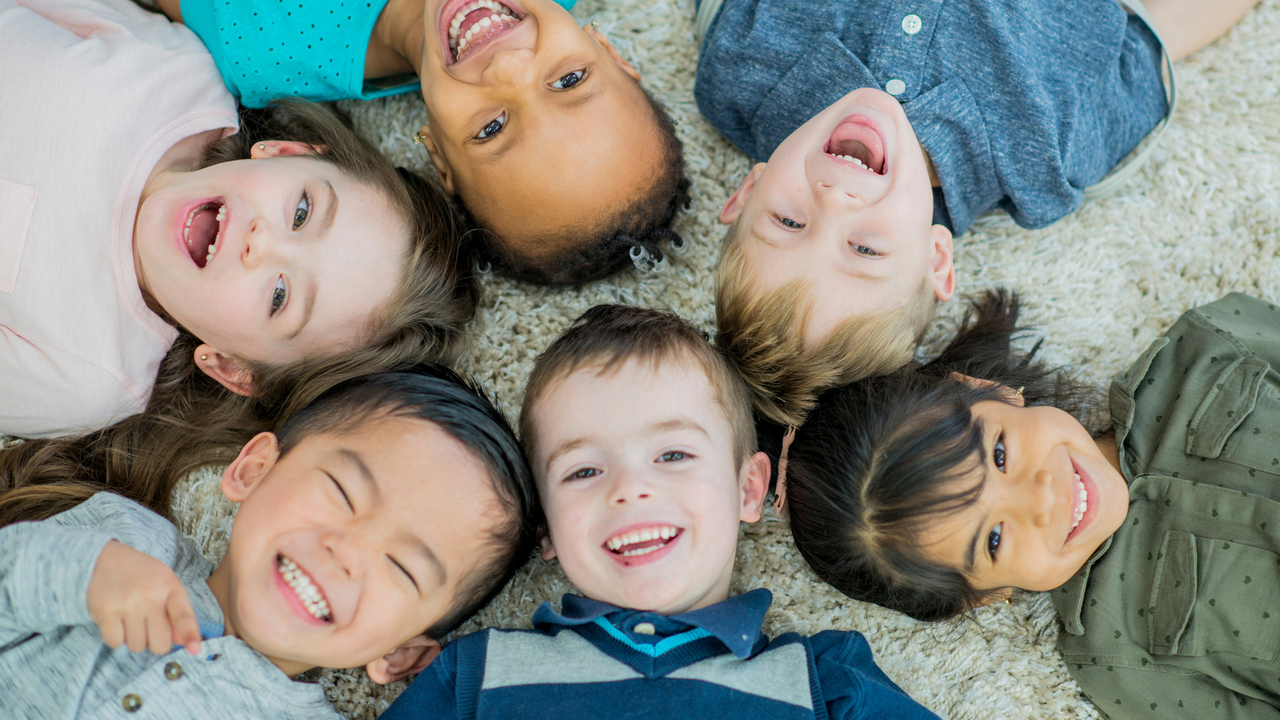Social and emotional development in the early years
- Written by: Nadine Van Wyk

The early years are a period of self-discovery. A large component of this includes social development. What is social development? Social development is the ability to interact with others and regulate one’s own behaviour.1,2
"Teacher–child interactions are the most vital component of ECEC service quality in terms of children’s social-emotional functioning." 1
It includes how we think and feel about ourselves and other people.3 The ability to connect and relate to each other is an important component to building relationships and building confidence. Some of the benefits of developing social skills include the ability to:
- develop relationships with others
- resolve conflicts
- persevere when facing difficulties
- deal with 'big' emotions such as frustration and anger
Ages 3-4 years
Reflection Sciences offers milestones of social development in early childhood for children between the ages of three and four: 2
- Share toys and take turns
- Begin engaging in pretend play
- Follow simple rules in games
- Sometimes become bossy and defiant
- Show more independence
- Might show attachment to one friend
Ages 4-5 years
By the time children reach four to five years of age they gain a greater sense of self-identity. Here are a few characteristics of children in this age bracket:2
- Develop friendships with other kids
- Compare themselves to other children and adults
- Understand other people’s thoughts and feelings
- Initiate or join in play with other children and make-up games
- Show an understanding of right and wrong
- Listen while others are speaking
Here are a few activities to try from PostiveAction to develop these skills4:
Emotion Charades
Emotion charades involves writing different emotions on strips of paper. Your child picks one out of a hat or bucket. Then, they must try to act out that emotion.
Simon Says
Simon Says builds social skills for kids' self-control, listening, and impulse control as they copy their peers' movements and follow instructions. It also helps keep the attention on the game and rewards good behavior for those who follow the rules throughout the game.
References
-
Blewitt, C., Morris, H., Nolan, A., Jackson, K., Barrett, H., & Skouteris, H. (2020). Strengthening the quality of educator-child interactions in early childhood education and care settings: A conceptual model to improve mental health outcomes for preschoolers. Early Child Development and Care, 190(7), 991-1004. doi-org.libproxy.mtroyal.ca/10.1080/03004430.2018.1507028
-
Reflection Sciences (2020). Retrieved February 2, 2023 from https://reflectionsciences.com/blog-what-is-early-childhood-social-development
-
Salaj, S and Masnjak M. (2022). Correlation of motor competence and social-emotional wellbeing in preschool children. Frontiers in Psychology, 13, doi: 10.3389/fpsyg.2022.846520
-
PostiveAction. Retrieved Feb 2, 2023 from https://www.positiveaction.net/blog/social-skills-activities-and-games-for-kids